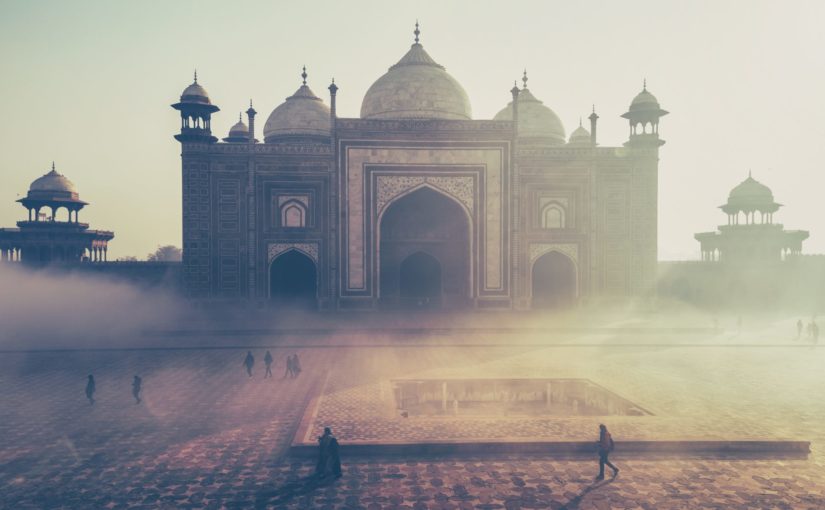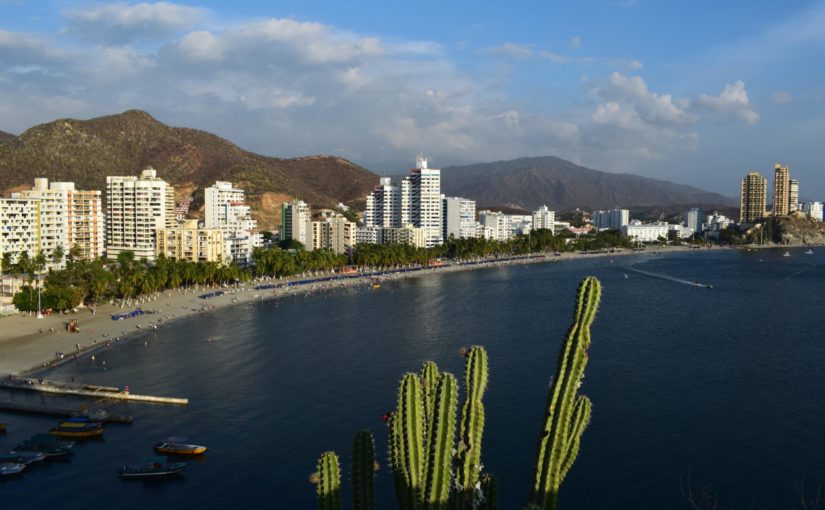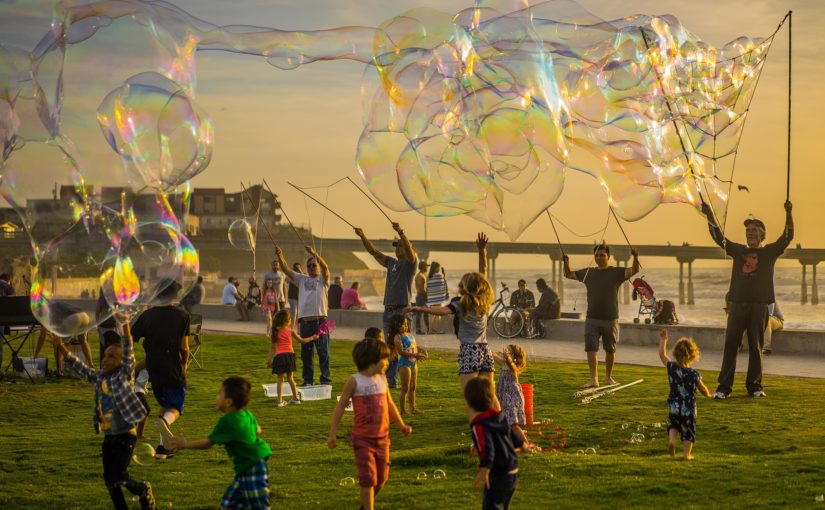Hey, I get it. There’s already a lot to worry about when you’re traveling. There are the passports, the travel arrangements, those pesky connections, as well as the foreign foods. To then also have to worry about how to protect the environment is asking too much.
Besides, you’re flying anyway so you’re already pumping out too much CO2. What difference will those few changes make, right?
The thing is, the idea that as you’re already pumping out so much CO2 reducing your footprint will have no effect, makes no sense. That’s a bit like saying that since you already went on a shopping spree, you might as well buy more. A dollar buys the same, no matter how many you’ve already spent that day. In the same way, a particle of C02 doesn’t care how many other particles you spewed out. It’s going to contribute the same to global warming.
What’s more, we can do a lot for the environment without having to make unbearable sacrifices. Yes, that does go against the grain. In his book Enlightenment Now, Steven Pinker points to research that shows how for many people the size of the sacrifice is more important than its impact. But of course, it should be the other way around.
Continue reading How to Protect the Environment and Still See the World









